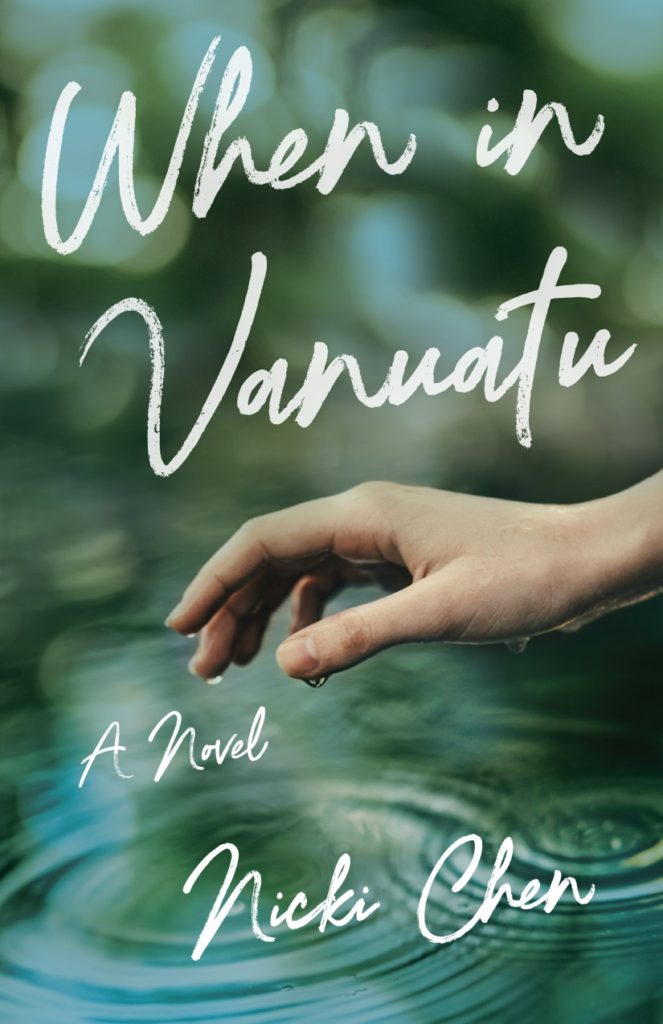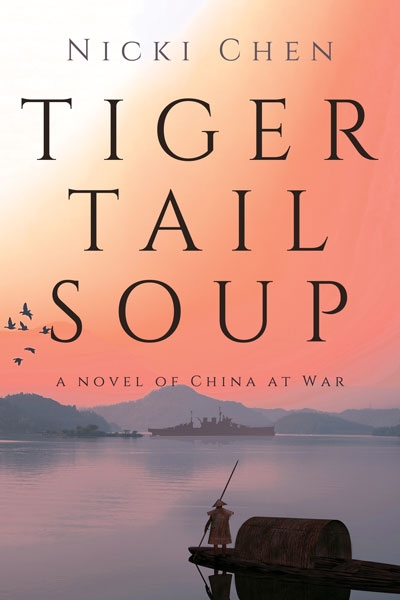
In late May, a woman asked the advice columnist at the New York Times Magazine if it was ethical for her to write about a murder she witnessed. It was the right place for her question. The Ethicist, is a column written by Kwame Anthony Appiah, a professor of Philosophy and Law at New York University.
It’s a sort of high-class Dear Abby or Ask Amy or Ask E. Jean. That doesn’t make it stuffy and dull, though. The letters are always fascinating. This letter, in fact, was filled with high drama. The woman explained that she was a writer who was renting a private office in a co-working space. One day, she said, hearing screams down the hall, she ran to investigate and witnessed a man beating a woman to death with a pipe. The killer saw her. Luckily, she was able to run away, hide in her office, and call 911.
She concluded her letter with this: “What are the ethics of writing about what is, at heart, someone else’s tragedy.”
What do you think?

On the one hand, her question seems silly. The victim is dead. She can’t write about her own murder. And the killer is free to tell his side of the story … to his lawyer and anyone else who will listen.
I don’t find it surprising, though, that she would have misgivings. Writers are always asking themselves these questions. We want to respect the privacy of other people. And yet, we live in a world together with them.
Writers are told to “Write what you know.” But everything we know involves someone else. Even science fiction and fantasy make use of what an author knows about people, especially those close to them.

In recent years, it’s become popular to accuse a writer of “appropriating” someone else’s story if they write about another race or ethnicity. Somehow, I escaped that criticism when I published Tiger Tail Soup in 2014, even though my story took place in China to Chinese characters, and I’m not Chinese. Maybe my name helped protect me.
So how, you might ask, did the ethicist approach the woman’s question?
Prof. Appiah answered with his trademark sensitively and kindness, with a reference to Aristotle and tragic narratives, with a quote from a literary scholar. And finally, he ended like this: “Writing about the event you witnessed will be justified if what you write has value.”
I like that advice.
You may want to check out some of the recent articles in The Ethicist. I guarantee you’ll find at least a few questions you can’t resist.
I’ve been a fan of Kwame Anthony Appiah ever since I came upon his book, Cosmopolitanism, Ethics in a World of Strangers. It’s a short book, 174 pages, and a fun and thoughtful read. I recommend it.



A fascinating question, a brilliant answer. I’m careful to write about what I know from my own perspective, often writing a post then deleting it because even after carefully parsing the subject I feel like it’s still not my story to tell. I do aim to add value, but I never thought of that before.
I suppose writing someone else’s story is similar to plagiarizing. It becomes our own story when we not only add value but also our own insights, understanding, and lived experience. It’s still a touchy and difficult subject. We try to do our best.
What a great question you pose Nicki, and I’ve really enjoyed the discussion & points raised in the comments. I’m pretty certain we’ve exchanged views about cultural appropriation in writing before – but this is a really interesting and valid tangent on that whole subject. I also plan to add the whole concept of making sure my writing adds value to the decision making mix.
Also many thanks for the interesting link – I may lose far too much time reading, but I thank you anyway 🙂
We all learn from and are influenced by those who have gone before, but we can still add value with our own unique insights.
I hope you enjoy the link, Debs. I thought it was worth sharing.
THANK YOU, Nicki!
Glad you enjoyed it, Jan.
Good advice. I guess consideration should also be had to the family of the victim
You’re right, Derrick. If I were to write this story, I’d start by taking notes. But I wouldn’t publish anything for at least a year or two. Obviously, names and other distinguishing facts would have to be changed. Then there’s the question of whether or not to contact the family. Probably not if the author has made the story truly her own.
Interesting question, but given the times we live in, I’m not surprised. Clever PR on the woman’s part, if I’m a little cynical, but maybe she didn’t give her name. But yeah, she’s a witness. She didn’t ask to see this. Now, that being said, they say eye-witness stories are often inaccurate or not trustworthy. Heck, makes me want to write a story based on all three involved!
I hadn’t thought of that, Lani. But you’re absolutely right. A story from all three points of view would be the best.
One way to look at it is if you witness a crime your experience is a story of value. The emotions you go through, the way you deal with it.
Thanks for the link. It looks like a lot of interesting there to mine.
That’s the way I look at it too. The up-close eye witness has quite a story to tell.
Wow, that’s some answer. Certainly, put a bit of fear in this (my) writer’s heart. I write what I feel and know and what feels right. I can’t tell if it has value, truly. That’s for the reader to decide. And I’ll admit, as I read your post about what the writer observed, my first thought was “what a story this would make.” ;-0
We can only do our best and hope we end up writing something worthwhile and that we don’t end up offending too many people, especially those we love. After reading the article, I thought about Crime and Punishment. Dostoevsky wasn’t the murderer, Raskolnikov, but he wrote convincingly from his point of view. If such a man existed, I doubt that he could have writen Crime and Punishment.
He gave the right answer. It doesn’t matter what the topic is if doesn’t have value!
One more vote for Prof. Appiah. It’s also fun to read the comments to his columns. Yesterday there was a column about what to do when one’s beloved dog becomes too sick or too old. Did that ever get an avalanche of opinions!
I read that post and agree it was as usual very thoughtful. We should keep his advice in mind.
That’s the challenge: writing something of value. Sounds like you’re also a fan of his column.
Thanks for sharing both the column and the advice…although it brings up the question, “who decides the value of art?”
Appropriation is tricky subject. So much damage and perpetuation of stereotypes has been done by white writers. I listened to a panel at one conference where the white writers insist that it’s only the intent of the writer that matters. And yet, the road to hell…
Research, empathy, and sensitivity readers matter more, I think.
I agree that appropriation is a tricky subject. I was shaking all the way through writing Tiger Tail Soup. Even though I spent 30 years living with my Chinese husband, I did a ton of research on the Japanese invasion, especially as it related to Xiamen and how the people there felt about the war. I’d be even more worried if I was writing about something more contemporary and more currently controversial.
And, it’s not only race. It can even be gender. I’ve found myself thinking about a male writer that he doesn’t have any idea how that woman would react. Some male writers, though, write very convincingly from a female POV. I guess they’re the empathetic ones.
What the professor advised, standing alone, has value to all writers . . . AND readers:
“Writing about the event you witnessed will be justified if what you write has value.”
Every writer should ask “does this writing have value?” before releasing it to the world. Your post does, Nicki. Thanks!
Thank you, Nancy. You bring up an interesting point about readers and reading something of value. I try to make good choices about the books I buy and read on my Kindle. Now I’m reading the Inspector Gamache series by Louise Penny. She’s supposed to be a literary mystery writer, but mostly I read the books for pleasure. I’m also working on something more substantial, The Gates of Europe: A History of Ukraine. It’s a complex, ancient history, and I know so little about it.
Nicki, this is a very thought-provoking post. What a great question to ponder over. Since the woman witnessed the murder, she became part of the story. So it seems like it was her story to tell. But that is just my opinion. I’m glad she at least asked the question. I like what the professor said.
That’s exactly what I thought, L. Marie. If I were her, I’d write the story from her own point of view. She has quite a story to tell about what she heard and saw, how she escaped the killer, and most of all, how the experience affected her and the people in the building.